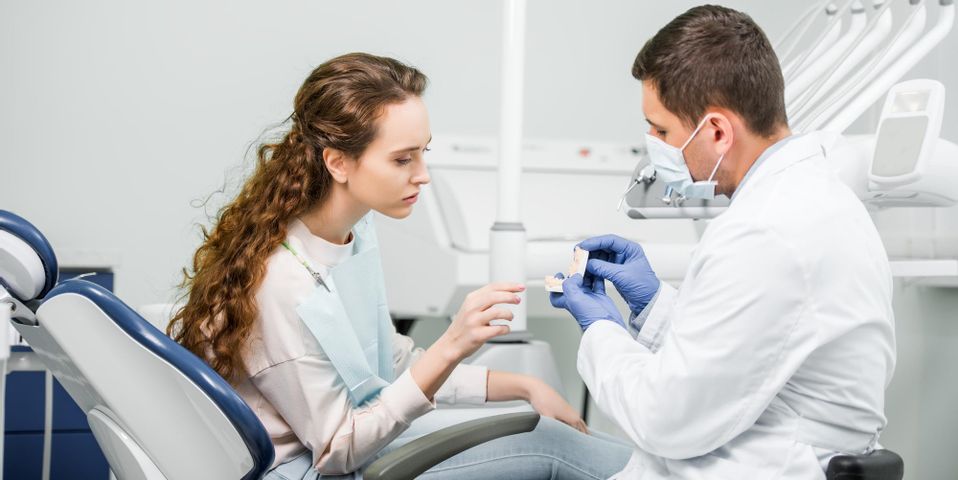
Tooth extraction is a solution for multiple oral health issues. For instance, if teeth are overcrowding the mouth, infected, or too decayed to treat with a filling, you may have to have one or more of them pulled. If this is the case for you, below is an introduction to the procedure.
A Brief Guide to Tooth Extractions
How to Prepare for a Tooth Extraction
Having a tooth pulled makes many people nervous. To ease your anxiety, discuss the process with your dentist. Ask questions until you feel comfortable.
Provide a complete medical history. Your dentist needs to know if you have a history of high blood pressure, heart or liver disease, impaired immunity, heart defects or valves, allergies to anesthetics or antibiotics, addiction, and other issues. The more the doctor knows, the better he or she can ensure your safety.
 Avoid eating anything for 12 hours before the tooth extraction. This prevents nausea and vomiting while sedated. If you cannot fast due to diabetes or other issues, or if you expect to receive only a local anesthetic, discuss alternative solutions with your dentist.
Avoid eating anything for 12 hours before the tooth extraction. This prevents nausea and vomiting while sedated. If you cannot fast due to diabetes or other issues, or if you expect to receive only a local anesthetic, discuss alternative solutions with your dentist.
Dress comfortably, and arrange for transportation home after the surgery. You will be in no condition to drive until the medications wear off. Finally, eating will be difficult at first, so load up the house in advance with yogurt, smoothies, protein drinks, and other soft foods.
What You Can Expect from the Procedure
Tooth extractions are either simple or surgical. For a simple extraction, you’ll receive a shot of local anesthetic to numb the appropriate region of the mouth. You remain awake during the procedure, but feel only pressure—no pain. The dentist first loosens the tooth with a Luxator® and then extracts it manually using forceps. The wound is packed with gauze to prevent bleeding.
Surgical extractions are necessary when teeth are cracked or missing pieces and difficult to grip properly. This procedure often requires anesthesia and nitrous oxide, or laughing gas, to keep the patent calm. The dentist makes an incision and sometimes removes the tooth piece by piece. You will sleep throughout the entirety of the surgery and wake up after completion.
If you're experiencing discomfort and suspect you need a tooth extraction, contact Pugh Family Dental in Lexington, NC. They are family-owned and operated and have served Davidson County patients since 1980. They specialize in preventive and cosmetic dentistry, including teeth cleaning, root canals, fillings, dentures, bridges, and dental emergencies. Learn more about them on their website, or call (336) 249-7708 to make an appointment for tooth extraction.
About the Business
Have a question? Ask the experts!
Send your question

